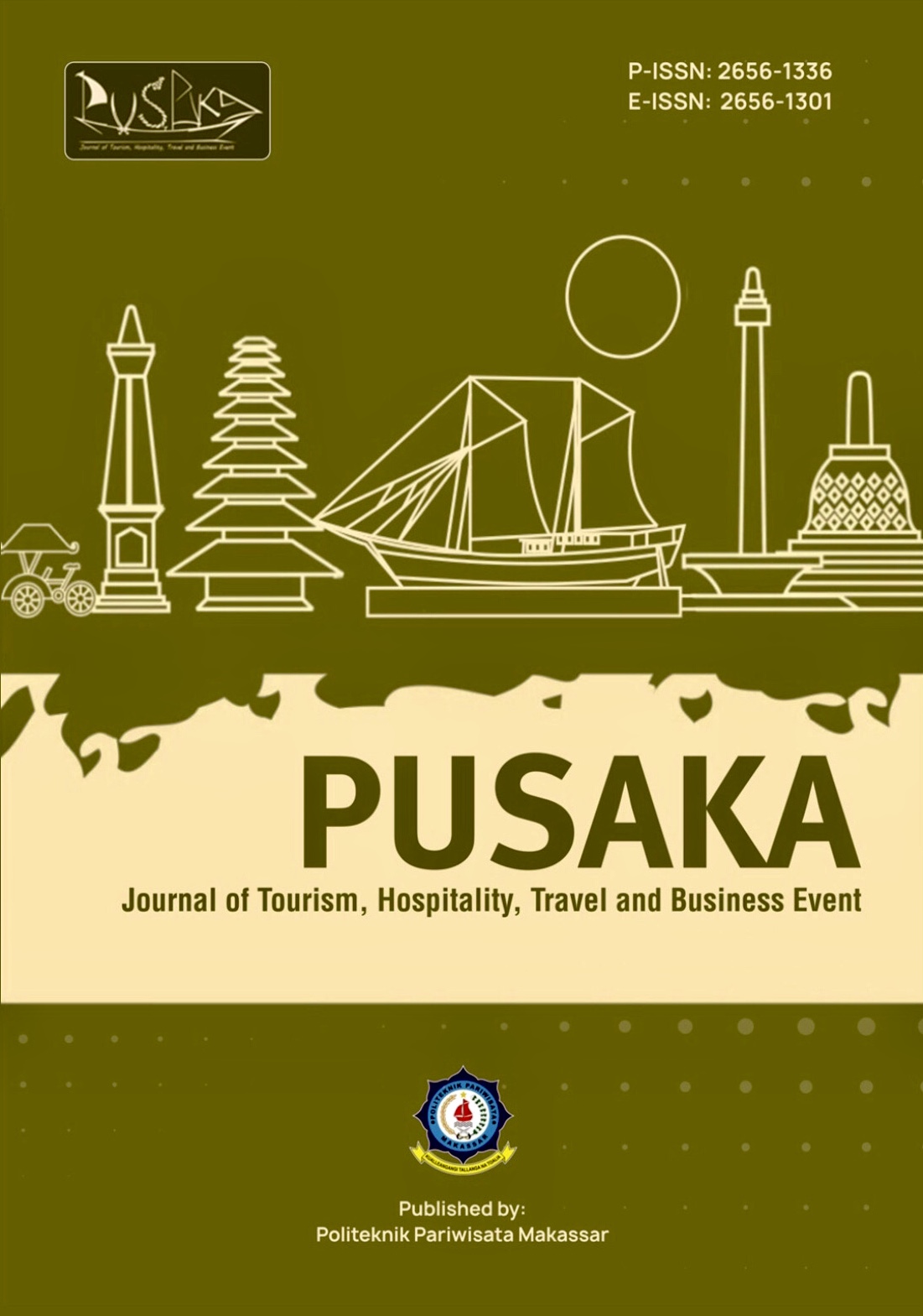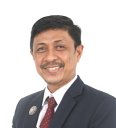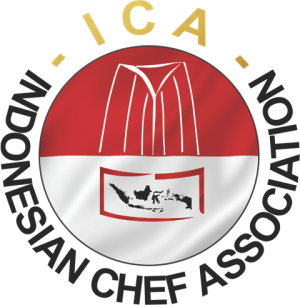Pariwisata, Masyarakat dan Kebudayaan: Studi Antropologi Pariwisata Pantai Marina di Pajukukang Bantaeng, Sulawesi Selatan
DOI:
https://doi.org/10.33649/pusaka.v2i1.44Keywords:
Tourism, Society and Government, Marina Beach.Abstract
This article discusses the development of tourism with an anthropological approach to tourism in the Marina Pajujukang Bantaeng Beach, South Sulawesi. The results of this study indicate that: (1) Government efforts in developing marina beach tourism are trying to improve the human resources of the village of Baruga by conducting socialization and trying to complete facilities incomplete such as clean water filter (2) Community involvement in tourism development by supporting government programs for the advancement of marina beach tourism objects and participating directly in the development of Marina beach such as being a builder at the beginning of Marina beach construction until the Marina beach is like being security officer, janitor and waitress at a hotel in the Marina beach area. (3) The impacts felt by the community in developing the Marina beach are two, namely in the economic field for example increasing community income, opening new jobs and opening business opportunities for the Baruga village community while in the socio-cultural field there are two impacts namely positive and negative impacts. An example of the positive impact is the increasing public insight about tourist culture through the temporary negative impact that is starting to affect the local community on the culture of tourists who come to visit the Marina beach. This research is a qualitative descriptive study. Data collection techniques used were observation, interviews, and documentation. The data obtained is then processed using data analysis techniques such as data reduction, data presentation and conclusion making. And also the data validation using Member Check. From the results of research that has been found it seems that every development of tourism needs to be involved by all groups, especially the community, not just prioritizing investors. Because the essence of the success of the trip tour if the surrounding community enjoys economic results.
References
Ahmad. (2019). Upaya Pemerintah dalam Mengembangkan Pariwisata Pantai Marina.
Badollahi, M. U. H. Z., & Almy, M. A. (2019). Xologist Perempuan di Kota Makassar. Pusaka (Journal of Tourism, Hospitality, Travel and Business Event), 1(2), 64–74.
Bagus, I. D. A., & Pujaastawa, I. D. A. B. G. D. E. (n.d.). Antropologi Pariwisata.
Graburn, N. H. H. (1983). The anthropology of tourism. Annals of Tourism Research, 10(1), 9–33.
Griffin, J. J. (2011). Strategic Management and Business Policy: Toward Global Sustainability, 13th Edition. Journal of Business Ethics Education.
Hasbi, A., & Badollahi, M. Z. (2019). Analisis Partisipasi Masyarakat dan Pemerintah dalam Pengembangan Sektor Pariwisata Kabupaten Bone, Sulawesi Selatan. Pusaka (Journal of Tourism, Hospitality, Travel and Business Event), 1(2), 15–27.
Kalbi. (2019). Keterlibatan Masyarakat dalam Upaya Pengembangan Objek Wisata Pantai Marina. Bantaeng.
Koentjaraningrat. (1974). Kebudayaan, mentalitet, dan pembangunan: bungarampai. Gramedia.
Koentjaraningrat, R. M. (1970). Manusia dan kebudajaan di Indonesia. Djambatan.
Mansyur. (2019). Pengembangan Objek Wisata Pantai Marina pada Masyarakat di Pa’jukukang Bantaeng. Bantaeng.
Neill, L., Poulston, J., Hemmington, N., Hall, C., & Bliss, S. (2017). Gastronomy or Food Studies: A Case of Academic Distinction. Journal of Hospitality and Tourism Education. https://doi.org/10.1080/10963758.2017.1297717
Parsons, T. (1956). Suggestions for a Sociological Approach to the Theory of Organizations.II. Administrative Science Quarterly. https://doi.org/10.2307/2390988
Parsons, T. (1988). The Structure of Social Action. European Journal of Sociology. https://doi.org/10.1017/S0003975600005646
Parsons, T., Shils, E. A., Parsons, T., & Shils, E. A. (2019). The Social System. In Toward a General Theory of Action. https://doi.org/10.4324/9781351301527-9
Putra, A. H., Ratya, A., & Suhartini, S. (2015). The Evaluation of Indonesia Import Policies of Garlic. Greener Journal of Business and Management Studies. https://doi.org/10.15580/gjbms.2015.1.081414329
Rendra, R. A. U. (2018). Inhibiting Factors and Supporters of Tourism Business Development at Marina Beach Bantaeng Regency. Jurnal Sinar Manajemen, 5(2), 87–91. https://doi.org/10.31934/jsm.v5i2.291
Sismudjito, S., Pohan, S., & Kariono, K. (2018). Mobilitas Sosial Penduduk Berbasis Industri Pariwisata Dalam Meningkatkan Status Sosial Ekonomi Masyarakat di Kota Gunung Sitoli, Nias Propinsi Sumatera Utara. Talenta Conference Series: Local Wisdom, Social, and Arts (LWSA). https://doi.org/10.32734/lwsa.v1i1.164
Wheelen, T. L., & David Hunger, J. (2012). Strategic Management and Business Policy Toward Global Sustainability Thirteenth Edition. Strategic Management and Business Policy Toward Global Sustainability.
Wheelen, T. L., Hunger, J. D., Hoffman, A. N., & Bamford, C. E. (2018). Strategic Management and Business Policy. Globalization, Innovation and Sustainability. In Pearson. https://doi.org/10.3400/avd.cr.11.00066
Widagdho, D. (2004). Ilmu Budaya Dasar, Cetakan Kesembilan. Jakarta, PT. Bumi Aksara.
Downloads
Published
How to Cite
Issue
Section
License

This work is licensed under a Creative Commons Attribution-ShareAlike 4.0 International License.






















